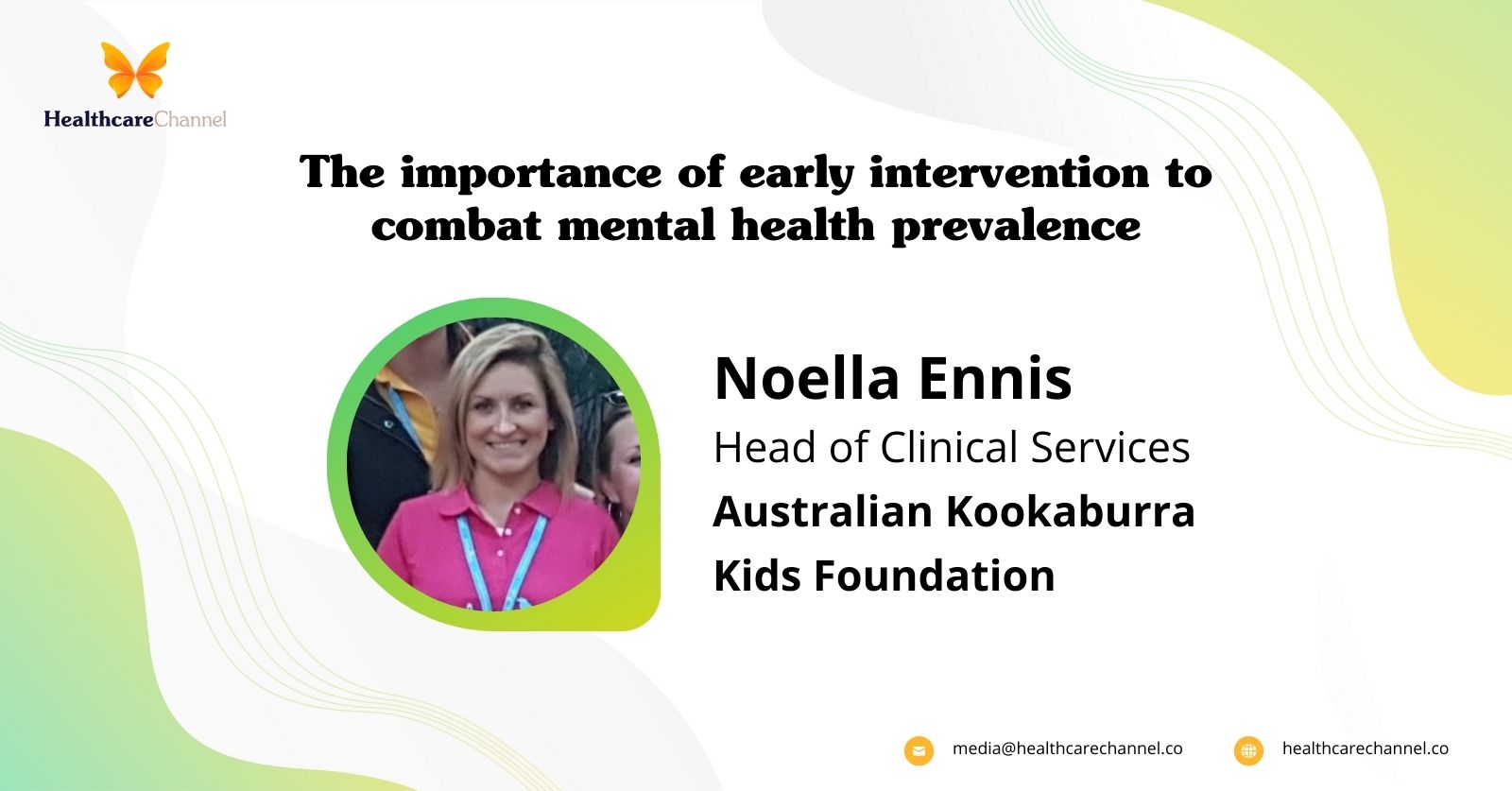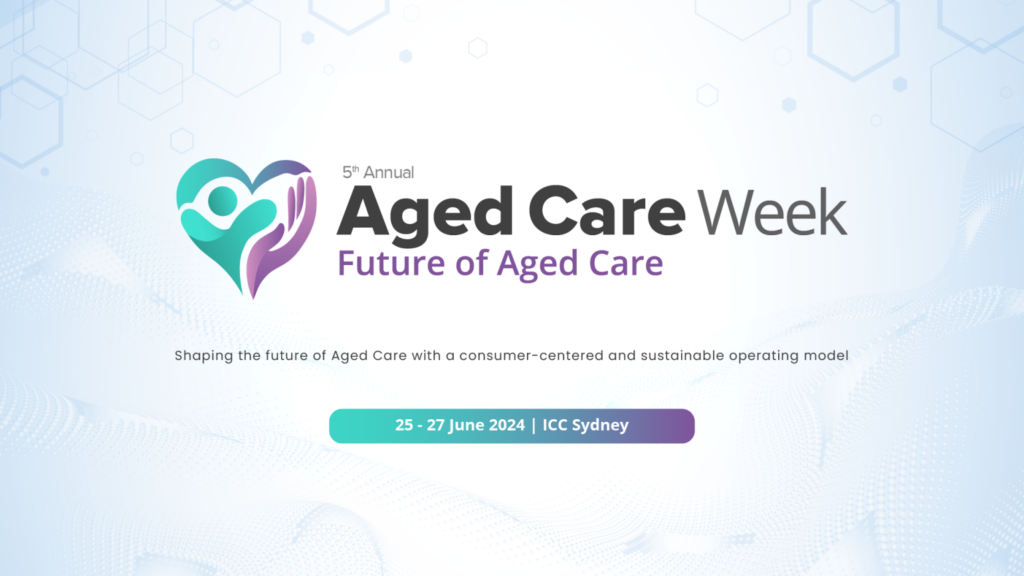The Australian healthcare industry is under immense pressure. Patients expect faster care and shorter wait times, pushing healthcare teams to work more quickly without compromising the high levels of care required.
With limited resources, healthcare workers are stretched to breaking point. Introducing the right technology and a path becomes clear to help free doctors’, nurses’ and clinicians’ time so they can focus on patient care.
Historically, healthcare IT teams, like IT teams in most industries, have reactively addressed issues that appear in the technology they deploy, rather than correcting potential flaws before the system malfunctions. With the evolving healthcare landscape and rising patient expectations, a shift from a reactive to a proactive stance is imperative and achievable with hybrid observability technology powered by AI. This technology enables healthcare teams to better anticipate potential problems and mitigate the impact on patient care.
The Reactive Approach: A Shortcoming in Healthcare IT
While a reactive approach is still necessary at times, it possesses several shortcomings. It often results in an increased cost and a setback in innovation due to emergency fixes. Emergency solutions ultimately consume time and financial resources that could be better allocated towards creating and implementing proactive measures.
According to research, 40% of teams say they’ve delayed increasing user and customer satisfaction while responding to incidents, and 35% say they put off increasing revenue. While IT teams should be improving systems, they spend a significant amount of their time addressing immediate issues. Over time, a reactive approach is not sustainable and, ultimately, it leads to frustrated healthcare providers who rely on the IT systems to provide outstanding patient care.
The Proactive Advantage
A proactive IT approach offers several key advantages for healthcare teams. Enabling IT users to identify and address potential issues before they arise ensures that patients are receiving a seamless and uninterrupted healthcare experience. A proactive approach also leads to cost savings as the early detection of issues eliminates the need to utilise high-cost emergency IT interventions .
Ultimately, a proactive IT process empowers IT teams to focus on system improvements, upgrades, and innovations that benefit the entire healthcare organisation, leading to improved staff morale and overall performance.
Leveraging Hybrid Observability Technology
Hybrid IT observability solutions play a crucial role in the quest to transition to a proactive IT stance. Powered by AI, observability technology provides IT teams with real-time, contextual insights into the performance of their entire tech stack. This technology uses historical data to predict anomalies, potential issues, and bottlenecks in real-time, before they impact the business and patient care. Additionally, observability technology aids in resource optimisation by identifying underutilised or overburdened supplies, ensuring efficient allocation and scaling as necessary.
The benefit of this technology goes beyond patient care in the hospitals. Data collected through observability technology informs ongoing process improvement and infrastructure enhancements to provide the best possible outcomes throughout an entire healthcare organisation.
In the healthcare industry, where IT is integral to patient care, transitioning from a reactive to a proactive stance is not just an option; it is a necessity. By leveraging hybrid observability technology, healthcare IT teams can anticipate and address issues before they impact patient care providers, ultimately enhancing the overall quality of the healthcare system. Embracing this shift is essential to ensuring a brighter and more efficient future for the industry.
Richard Gerdis leads the LogicMonitor business across the Asia Pacific and Japan (APJ) region. Leading a team to drive revenue in a dynamic and growing market.




















